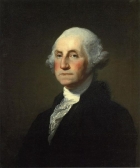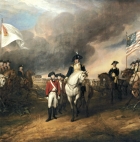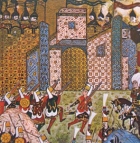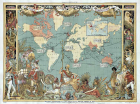World
Europe may have been transforming itself in the early modern period but the rest of the world was not standing still. In this section we can learn about the emerging United States, the wealth and power of the Mughal Empire and the economic impact of the slave trade, alongside the cultural destruction and changes it made on the lives of the enslaved. Read more
Sort by:
Date (Newest first) | Title A-Z
Show:
All |
Articles |
Podcasts |
Multipage Articles
-

The Voyages of John and Sebastian Cabot
ArticleClick to view -

The War of American Independence
ArticleClick to view -

The changing convict experience: forced migration to Australia
ArticleClick to view -

The effect of the loss of the American Colonies upon British Policy
ArticleClick to view -

The first trans-Atlantic hero? General James Wolfe and British North America
ArticleClick to view -

Upwards till Lepanto
ArticleClick to view -

Virtual Branch Recording: Women and the Reformations
ArticleClick to view -

What Have Historians Been Arguing About... migration and empire
ArticleClick to view -

What Have Historians Been Arguing About... the impact of the British Empire on Britain?
ArticleClick to view -

What have historians been arguing about... decolonisation and the British Empire?
ArticleClick to view -

‘Zulu’ and the end of Empire
ArticleClick to view

